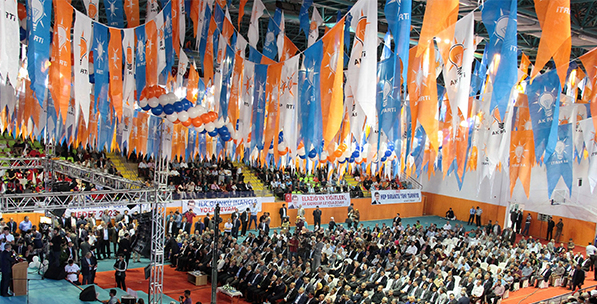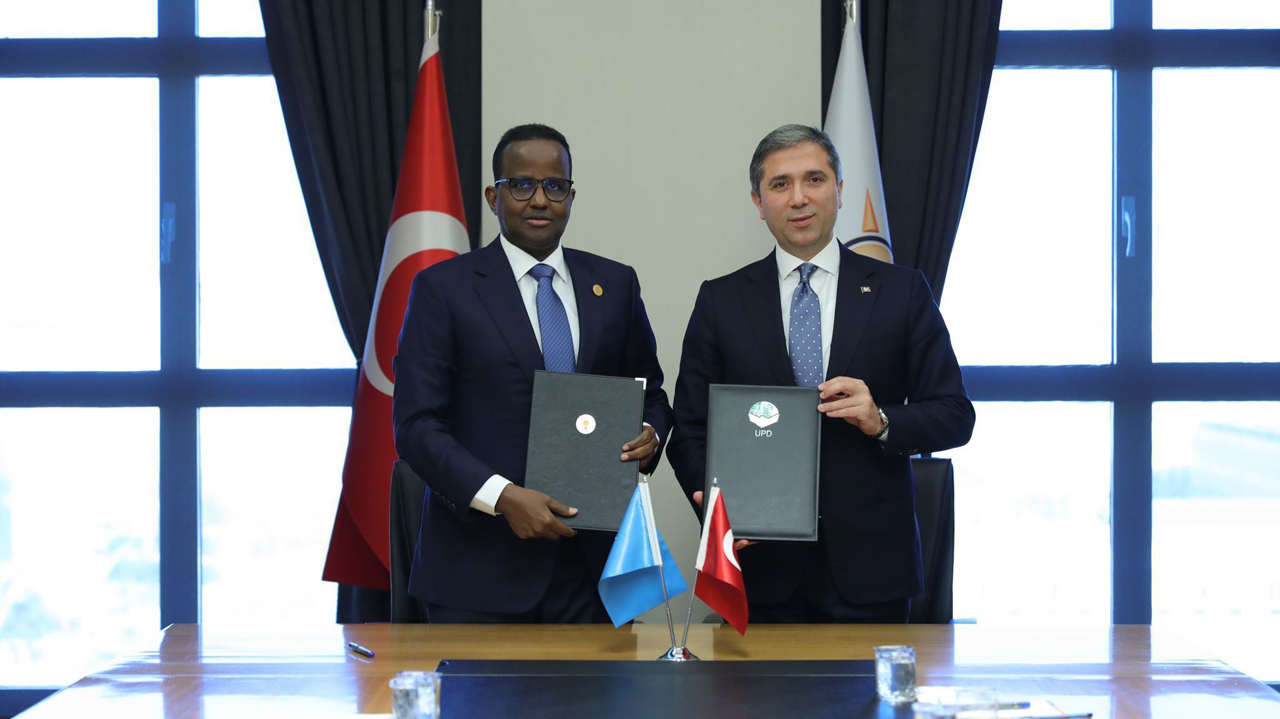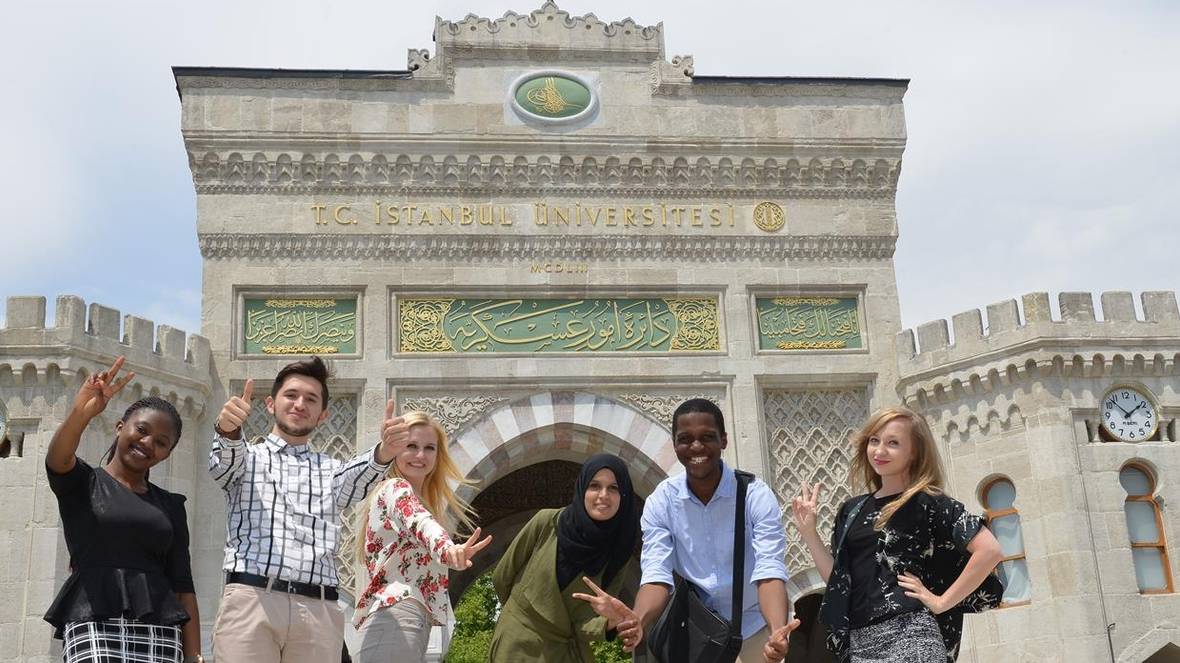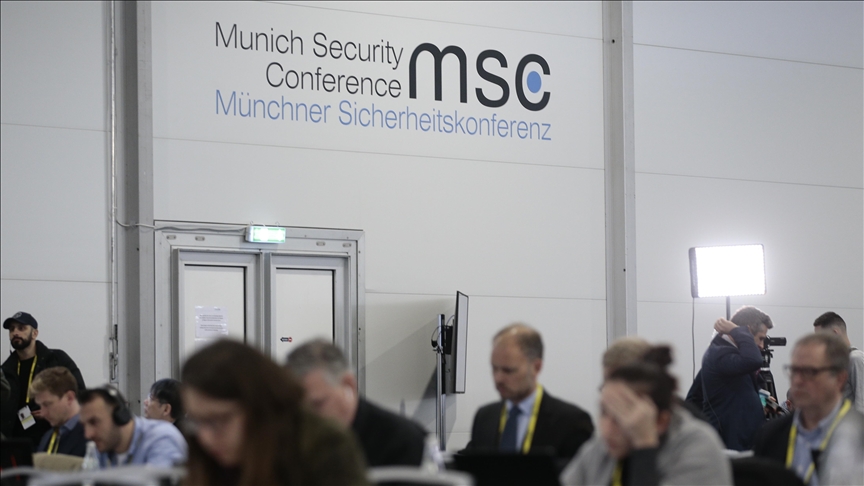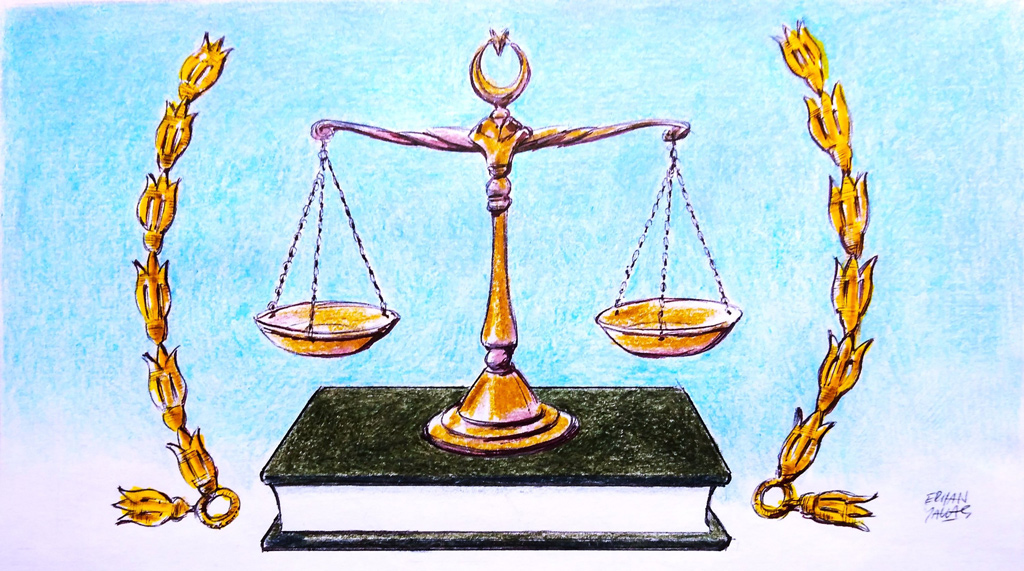The existence of fair and transparent elections is one of the most important components of a democratic administrative system. Elections are a tool by which political representation and democratic power sharing become possible. There have been 18 general elections and 13 local elections in modern Turkish politics ever since the transition to a multi-party system in 1946. After the change to the law in 2007, the president was to be elected by the public for the first time, and in 2014 the first presidential election by popular vote was held. Despite this tradition, Turkey was unable to get out from under military tutelage until the 2000s. Since the 1960s the military had initiated coups four times and stopped the operation of democratic politics. However, military administrations did not remain in power for very long and turned over administration to the civilians after inputting whatever precautions they thought necessary. The military's most important motivation for initiating the coups was its regard of itself as the guard dog of the Kemalist regime.
After the 2000s, the most important agenda of the democratization process of Turkish politics has been the struggle against military tutelage. Changes were made to Article 35 of the Turkish Armed Forces' Military Code against military tutelage wherein the practice of military membership in certain public establishments and institutions ended, adjudication of coup-instigators was allowed, the Protocol on Security, Public Order and Assistance Units (EMASYA) were removed and the way was paved for a civilian to hold the seat of National Security Council secretary.
From that day forward, civilian politics in Turkey has strengthened in an unprecedented manner free from military tutelage.
The fact that military tutelage has been pushed back from civilian politics is not to mean that all interventions into Turkey's civilian politics have been completely removed. There are other elements that have constricted civilian politics throughout Turkish history. Judicial bureaucracy is one of them. For years, a mechanism had existed, which through internalization of a radical reading of Kemalism, continuously engaged in interference into chosen politicians in the name of protecting the regime, closed political parties when the opportunity presented itself and placed political bans on party leaders. While after 2002 the judicial bureaucracy's political intervention and possibilities around a Kemalist discourse were gradually limited, there has been a new concentration of tutelage after 2010. The Gülen Movement has been at the center of this new tutelary concentration. The Gülen Movement has been actively present in the power struggles in Turkey since the 1980s. While Gülenists were active in the areas of education and nongovernmental organizations, the movement also attempted to widen its sphere of influence within the civilian and military bureaucracy through organizing. The judiciary and police force became the Gülenists' priority target. The Gülen Movement, which formed its own media powers and has organized in many countries, also attempted to organize within the Justice and Development Party (AK Party) administration after it started thinking that it had reached a certain level of power in the judiciary and police force.
In the 2011 elections, Gülenists attempted to get many figures connected to it into Parliament through the AK Party, but was only able to have a tenth of them get in.
The Gülen movement asked that the ruling party share its administrative capacity with it, and when this demand went unanswered, it was responded to by attempting to take down the civilian and legitimate AK Party government through the use of its power in the judiciary and police force. In this context it began preparations in 2011 and began illegal wiretaps on the phones of many public figures and leaders, including politicians and bureaucrats, and prepared court cases based on these recordings. An unprecedented industry of conspiracy never-before-seen in modern world politics was set up and interventions were attempted into civilian politics. And, in December 2013, Gülenists initiated the Dec. 17 intervention through prosecutors and prepared indictments against many, including the "gang leader," President Recep Tayyip Erdogan, who was prime minister at the time.
However, this intervention was successful and through the struggle of civilian politics, the Gülen Movement's presence within the state was deciphered. One of the most important issues of Turkish democracy today is that of the removal of this organization's possibilities to interfere in civilian politics.
One of the problems facing Turkey's civilian politics today is the presence and activity of the PKK terrorist organization. There are two dimensions to the harm the PKK has done to Turkish politics. The first is that the PKK is terrorizing the state and the public through its violent activities, and in this situation the security-freedom balance is upset in favor of security. The second is that the PKK constitutes an absolute pressure on Kurdish politics and does not allow any party other than its party, the Peoples' Democratic Party (HDP), to speak for Kurds in the political arena. What is more, the PKK obstructs the HDP from carrying out civilian politics and is squeezing it into a militant perspective, transforming it into a one-dimensional movement.
Despite all of this, civilian and democratic politics in Turkey are regarded as the center for the solution to social, political and economic politics in a previously unheard of manner. It is possible to see this in political parties' election declarations. The four political parties with groups in Parliament are following a positive politics election strategy, and instead of reaching out to the public with fear, they are instead attempting communication through promises. This, despite the many problems facing it, is a positive situation for Turkish democracy.
[Daily Sabah, October 9, 2015]

